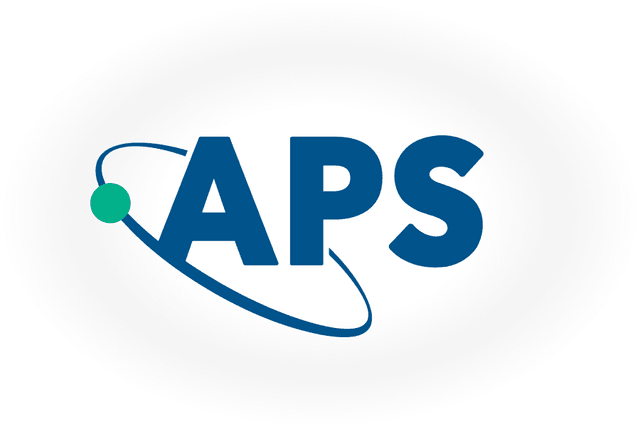Data Aquisition
Testing of scientific theories through experimentation is at the heart of the scientific endeavor. How data are acquired, recorded, and stored is thus of fundamental importance to progress in science.
The APS Guidelines for Professional Conduct (see Appendix A) state:
The results of research should be recorded and maintained in a form that allows analysis and review. Research data should be immediately available to scientific collaborators. Following publication, the data should be retained for a reasonable period in order to be available promptly and completely to responsible scientists. Exceptions may be appropriate in certain circumstances in order to preserve privacy, to assure patent protection, or for similar reasons.
The two scenarios that follow are intended to explore the implications of this statement.
Other scenarios that involve Data Acquisition:
- Publication Practices Case Study: Fabrication, Falsification, and Plagiarism
- Publication Practices Case Study: Publication and Data Ownership


